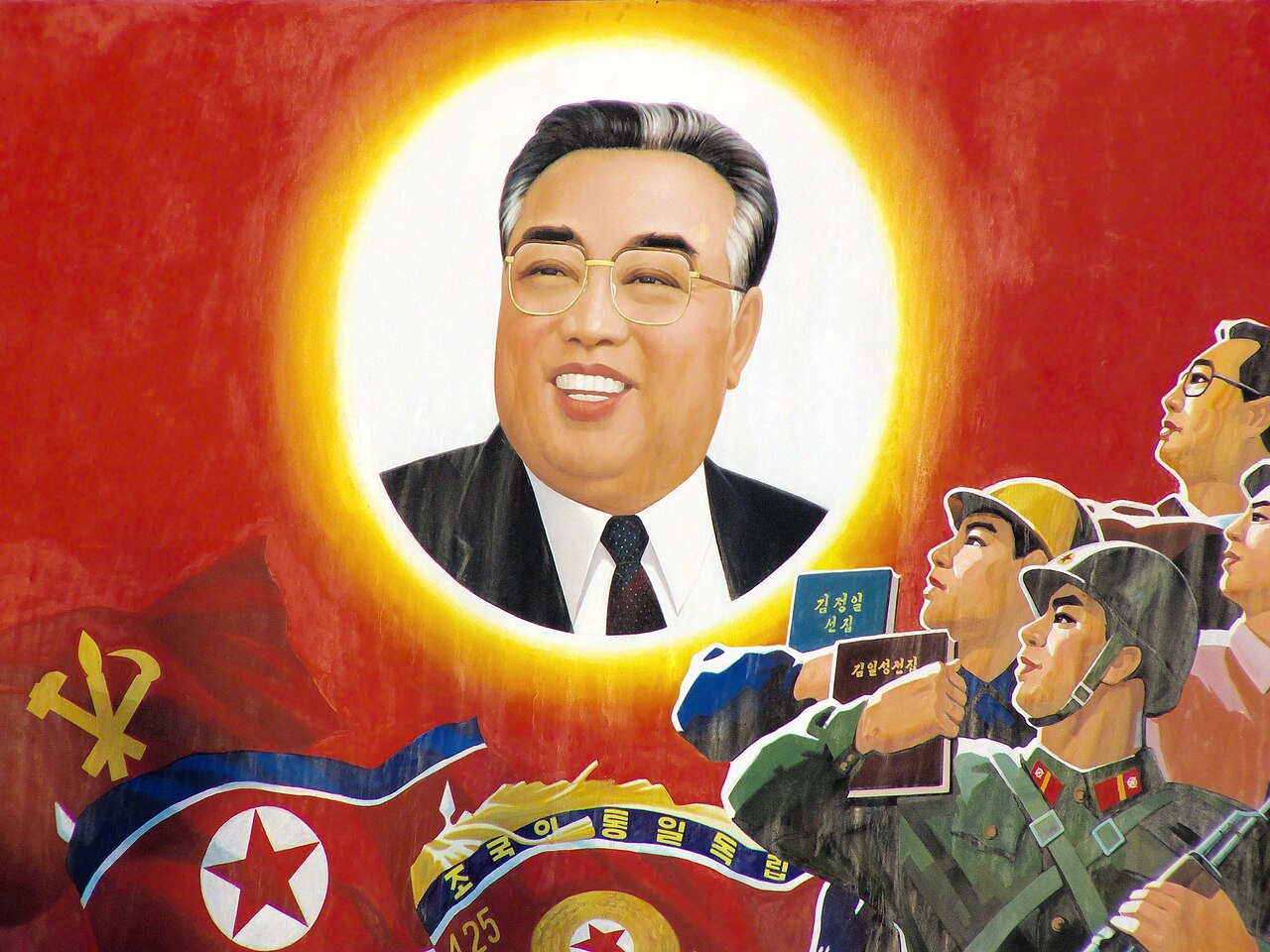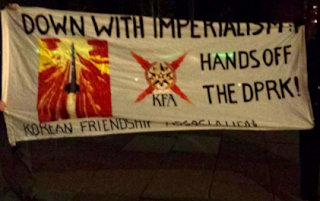BEIJING, Jan. 1 (Xinhua) -- Chinese President Xi Jinping and the Democratic People's Republic of Korea (DPRK)'s top leader Kim Jong Un on Monday jointly designated 2024 as the China-DPRK Friendship Year and launched a series of activities.
Xi, also general secretary of the Communist Party of China (CPC) Central Committee, and Kim, general secretary of the Workers' Party of Korea and president of the State Affairs of the DPRK, made the announcement in their exchange of New Year greeting messages.
In his message, Xi pointed out that China and the DPRK are friendly neighbors connected by mountains and rivers, saying that the traditional friendship between China and the DPRK was forged by the older generation of leaders of the two parties and two countries, cemented in the revolutionary struggle, and continuously deepened in the course of socialist construction.
In recent years, Xi said, the traditional friendly cooperation between China and the DPRK has entered a new historical period with joint efforts.
The two sides have maintained close strategic communication, deepened practical cooperation, strengthened coordination and collaboration in multilateral international affairs, pushed forward the continuous development of China-DPRK relations, safeguarded the common interests of the two countries, and maintained regional peace and stability, Xi added.
Under the new situation in the new era, the CPC and the Chinese government have always viewed China-DPRK relations from a strategic and long-term perspective, and it is China's unwavering policy to maintain, consolidate and develop the long-standing friendly and cooperative relations between the two countries, Xi said.
China is ready to work with the DPRK to take the 75th anniversary of bilateral diplomatic relations and the China-DPRK Friendship Year as an opportunity to carry forward the long-standing friendship, deepen strategic mutual trust, enhance exchanges and cooperation, and ensure that bilateral ties move forward with the times for greater development so as to better benefit the two peoples, and continuously make new contributions to safeguarding regional peace and stability, Xi stressed.
In his message, Kim noted that 2024 is a significant year marking the 75th anniversary of diplomatic relations between the DPRK and China, saying that socialist construction in the two countries has at the moment entered a new stage of progress and the international situation is undergoing complex changes.
The two parties and governments have decided to designate this year as the China-DPRK Friendship Year, and further promote the traditional relations of friendship and cooperation between the two sides in accordance with needs of the times, which conforms to the common expectation and desire of the people of the two countries, Kim added.
The unbreakable DPRK-China friendship, forged and consolidated in the struggle for socialism, will be fully displayed this year, he said.
Through the activities during the friendship year, the two parties and governments will further promote exchanges in all fields, including politics, economy and culture, further deepen the bonds of friendship and unity, and step up cooperation in the joint efforts to safeguard regional and global peace and stability, thus writing a new chapter in DPRK-China relations, Kim said.

